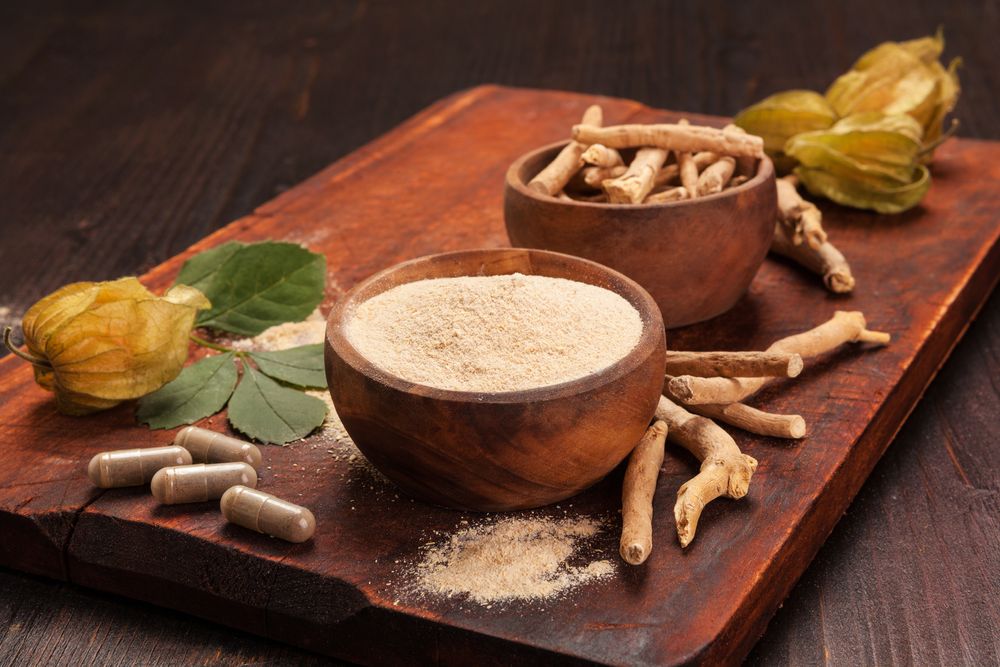Ready to leave?
Oops ! Condition name you have entered is invalid.
You are now leaving Aposbook.com and going to an external site managed by another organization.
Please confirm your email address and try to login again.
This account has been deleted. do you want to restore it?

Validate your email
A verification link will be sent to within the next 2 minutes. Please click it to validate your e mail.
*If you didn't get the link, please check your spam folder
Welcome to Aposbook,
As a registered user, you can benefit from the various free tools and services that we provide.
All you need to do is log in to start discussing with others, interacting, asking questions, and sharing your point of view about the various topics.
You can also write reviews and testimonials about any natural solution you have tried and share your experience. Your feedback can be very helpful.
If you are a health expert, you can add information about any topic or suggest text edit. You can also publish content, including articles and videos, about any topic from the related library section.
Together we can help.
The Aposbook Team
Forgot Password?
A validation link will be sent to you by email. Please confirm your address to log in
*If you didn't get the link, please check your spam folder
Please log in to use this feature
Your account has been suspended because you have violated our code of conduct. If you think this was a mistake, you can contact us by email at: support@aposbook.com "Contact us" form.
Success! Thank you for your feedback. Your contribution can make a difference. Together we can help each other.


Can Ashwagandha help Treat Arthritis?
Complete Guide to Ashwagandha For Arthritis
Possible triggers of Arthritis Symptoms Associated with Ashwagandha
Arthritis is a condition in which a joint becomes swollen or damaged, and becomes inflamed as a result of that.
It can be caused by trauma, being overweight, irregular eating, the natural wear and tear of the joint, changes in the immune system of individuals predisposed to the problem.
This inflammation leads to pain, swelling, stiffness, and redness. As a result, patients become unable to perform daily physical activities normally and face ...
Possible triggers of Arthritis Symptoms Associated with Ashwagandha
Arthritis is a condition in which a joint becomes swollen or damaged, and becomes inflamed as a result of that.
It can be caused by trauma, being overweight, irregular eating, the natural wear and tear of the joint, changes in the immune system of individuals predisposed to the problem.
This inflammation leads to pain, swelling, stiffness, and redness. As a result, patients become unable to perform daily physical activities normally and face difficulty walking or climbing up the stairs.
Learn everything about arthritis and find all the natural solutions to treat it naturally, including various diet programs, alternative medicine, vitamins, supplements, herbal medicine, and home remedies.
Why Ashwagandha helps for Arthritis?
Scroll down to check all the resources we have on this topic in the “Library Center” below.
Meanwhile, we are working on this section's content, and we will publish it soon. If you are an expert on this topic, please suggest related information.
Together we work to help the community.
Why Ashwagandha helps for Arthritis?
Scroll down to check all the resources we have on this topic in the “Library Center” below.
Meanwhile, we are working on this section's content, and we will publish it soon. If you are an expert on this topic, please suggest related information.
Together we work to help the community.
How Ashwagandha works for Arthritis
Scroll down to check all the resources we have on this topic in the “Library Center” below.
Meanwhile, we are working on this section's content, and we will publish it soon. If you are an expert on this topic, please suggest related information.
Together we work to help the community.
How Ashwagandha works for Arthritis
Scroll down to check all the resources we have on this topic in the “Library Center” below.
Meanwhile, we are working on this section's content, and we will publish it soon. If you are an expert on this topic, please suggest related information.
Together we work to help the community.
Ashwagandha dose for Arthritis: How much to Take
Scroll down to check all the resources we have on this topic in the “Library Center” below.
Meanwhile, we are working on this section's content, and we will publish it soon. If you are an expert on this topic, please suggest related information.
Together we work to help the community.
Ashwagandha dose for Arthritis: How much to Take
Scroll down to check all the resources we have on this topic in the “Library Center” below.
Meanwhile, we are working on this section's content, and we will publish it soon. If you are an expert on this topic, please suggest related information.
Together we work to help the community.
Taking Ashwagandha for Arthritis: precautions
Scroll down to check all the resources we have on this topic in the “Library Center” below.
Meanwhile, we are working on this section's content, and we will publish it soon. If you are an expert on this topic, please suggest related information.
Together we work to help the community.
Taking Ashwagandha for Arthritis: precautions
Scroll down to check all the resources we have on this topic in the “Library Center” below.
Meanwhile, we are working on this section's content, and we will publish it soon. If you are an expert on this topic, please suggest related information.
Together we work to help the community.
Taking Ashwagandha for Arthritis: side effects
Scroll down to check all the resources we have on this topic in the “Library Center” below.
Meanwhile, we are working on this section's content, and we will publish it soon. If you are an expert on this topic, please suggest related information.
Together we work to help the community.
Taking Ashwagandha for Arthritis: side effects
Scroll down to check all the resources we have on this topic in the “Library Center” below.
Meanwhile, we are working on this section's content, and we will publish it soon. If you are an expert on this topic, please suggest related information.
Together we work to help the community.
Reviews & Testimonials
-
Overall rating
-
Success Rate
-
Effectiveness
-
Accessiblity
-
Safety
-
Fast result
-
Ease of use
Add review
Was solution successfull?
Overall rating score
Rate each parameters
Effective
Accessible
Safe
Fast results
Easy to apply
Review title
Add images to support your review(if any)
Support images
You can review a solution if you have used it personally. Please remain objective and genuine. Your input can help others.
You have already reviewed this
Please rate all parameters.
Success! Thank you for your feedback. Your contribution can make a difference. Together we can help each other.
What science says about Ashwagandha For Arthritis
Views in favor
The Healing Attributes of Ashwagandha
Views against
Ashwagandha: Benefits and Side Effects
Library center Ashwagandha For Arthritis
Additional benefits of Ashwagandha / Withania Somnifera





 Buy now
Buy now






















[0]